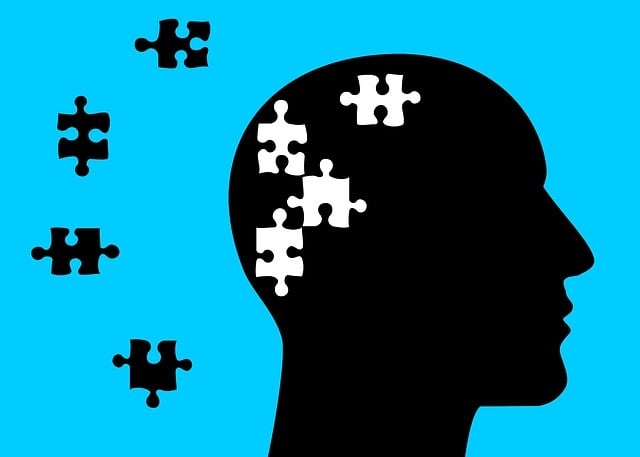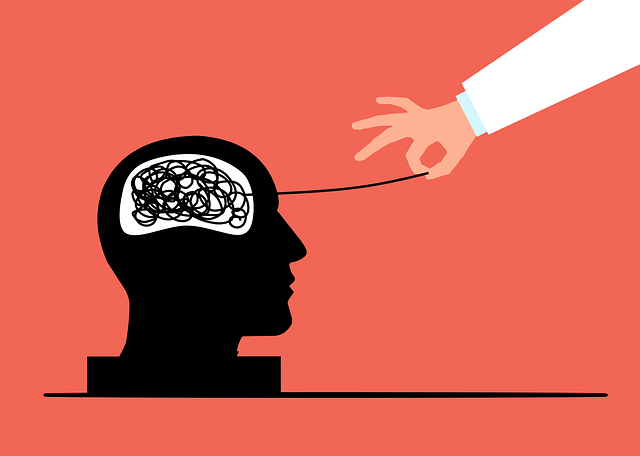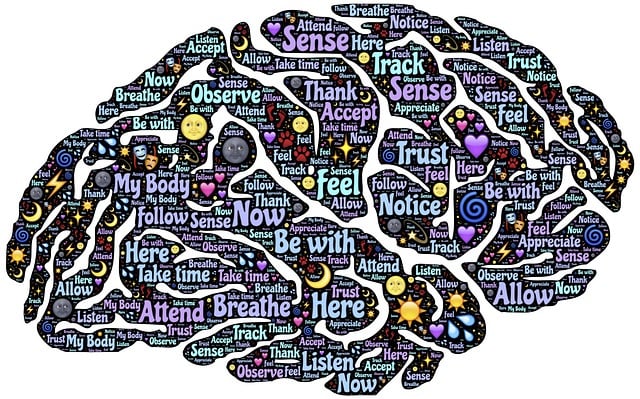Emotional Intelligence (EQ) is a powerful skill set promoted by therapy for psychological testing, which includes mental health policy analysis, advocacy, and education. Key aspects like self-awareness, empathy, communication, mindfulness, and emotion regulation contribute to EQ development. These skills enhance decision-making, resilience, adaptability, and overall mental health outcomes. Through therapy, individuals learn to navigate emotions effectively, improving relationships, reducing stress, and fostering better healthcare practices, ultimately benefiting personal growth and well-being.
Emotional intelligence (EI) is a powerful tool for personal growth and enhancing relationships. This article guides you through unlocking your EI potential, starting with understanding its fundamentals. We explore key components like self-awareness, essential for effective psychological testing and therapy. Enhancing empathy, practicing mindfulness, and learning communication strategies will foster better connections and emotional balance. Discover how these techniques can revolutionize your personal and professional life.
- Understanding Emotional Intelligence: Unlocking Its Potential
- The Role of Self-Awareness in Psychological Testing
- Enhancing Empathy: A Key Component for Personal Growth
- Effective Communication Strategies for Better Relationships
- Practicing Mindfulness and Regulation for Emotional Balance
Understanding Emotional Intelligence: Unlocking Its Potential

Understanding emotional intelligence (EQ) is a powerful tool for personal growth and success in both professional and personal spheres. EQ refers to the ability to recognize, understand, manage, and effectively utilize one’s own emotions, as well as those of others. This skill set goes beyond mere empathy; it encompasses self-awareness, self-management, social awareness, and relationship management. By developing emotional intelligence, individuals can improve their mental health, enhance communication skills, build stronger relationships, and perform better at work or school.
Therapy for psychological testing plays a significant role in unlocking the full potential of EQ. Mental Health Policy Analysis and Advocacy, as well as Mental Health Education Programs Design, can contribute to raising awareness about the importance of emotional regulation. Through therapy, individuals learn to navigate their emotions effectively, leading to better decision-making and problem-solving abilities. This, in turn, fosters a sense of resilience and adaptability in the face of life’s challenges, ultimately contributing to improved mental health outcomes.
The Role of Self-Awareness in Psychological Testing

Self-awareness is a cornerstone in psychological testing and therapy. It involves recognizing and understanding your emotions, strengths, weaknesses, and how they influence your thoughts and actions. This introspective ability plays a pivotal role in emotional intelligence (EI) development. When individuals are more self-aware, they can better navigate their internal world, leading to improved emotional regulation and enhanced relationships with others.
In the context of healthcare, where burnout prevention strategies for providers are increasingly important, self-awareness acts as a shield against professional exhaustion. By acknowledging their emotional states, healthcare providers can foster resilience building and cultural sensitivity in mental healthcare practice. This awareness helps them respond thoughtfully to patients’ needs, thereby improving overall patient care and satisfaction.
Enhancing Empathy: A Key Component for Personal Growth

Empathy is a powerful tool for personal growth and emotional intelligence development. It involves understanding and sharing the feelings of others, fostering deeper connections and enhancing our interpersonal relationships. This skill goes beyond simple compassion; it allows individuals to navigate complex social situations with sensitivity and awareness. By practicing empathy, we can improve our ability to perceive and respect different perspectives, leading to more effective communication and conflict resolution.
In today’s fast-paced world, where stress and anxiety can significantly impact our mental well-being, developing empathy serves as a protective factor. Therapy for psychological testing often highlights the role of empathy in enhancing emotional resilience. Mindfulness meditation and stress management workshops within organizations emphasize this as a means to foster a supportive work environment. Moreover, mindfulness practices encourage individuals to become more attuned to their emotions, enabling them to better understand and respond empathetically to others’ feelings, thereby reducing interpersonal conflicts and promoting overall well-being.
Effective Communication Strategies for Better Relationships

Effective communication is a cornerstone of emotional intelligence and fosters better relationships. It involves active listening—a skill that allows individuals to understand others’ perspectives and emotions, promoting empathy. When engaging in conversations, be fully present, avoiding distractions like phones or emails. Maintain eye contact and use non-verbal cues to convey interest and understanding. This level of engagement helps create a safe space for others to express themselves openly.
Additionally, clear and concise communication is key. Express your thoughts and feelings honestly but respectfully, ensuring your message is understood. In cases where conflicts arise—and they’re inevitable in any relationship—applying effective conflict resolution techniques becomes crucial. This includes learning to de-escalate situations, practicing empathy, and employing collaborative problem-solving strategies, all of which can be honed through therapy for psychological testing. Remember, managing conflicts constructively strengthens bonds and reduces anxiety relief pressures, especially when risk assessments for mental health professionals guide appropriate interventions.
Practicing Mindfulness and Regulation for Emotional Balance

Practicing mindfulness is a powerful tool for achieving emotional balance and intelligence. It involves being fully present in the moment, observing thoughts and feelings without judgment, and cultivating awareness of one’s emotional state. Mindfulness techniques, such as meditation, breathing exercises, and mindful walking, can help individuals gain a deeper understanding of their emotions, recognize triggers, and develop coping skills for managing stress and difficult feelings. This practice is not only beneficial in therapy for psychological testing but also plays a significant role in self-esteem improvement and depression prevention, fostering overall emotional resilience.
Regulating emotions effectively is another crucial aspect of building emotional intelligence. It entails recognizing and managing one’s feelings to ensure they align with desired behaviors. By learning to regulate emotions, individuals can enhance their ability to make thoughtful decisions, improve interpersonal relationships, and navigate challenging situations with composure. This skill set supports not only therapy for psychological testing but also promotes healthier coping mechanisms, boosting self-esteem and preventing depressive episodes by providing tools for emotional balance.
Emotional intelligence is a powerful tool for personal and professional growth. By enhancing self-awareness, empathy, effective communication, and mindfulness, individuals can navigate relationships with greater ease and foster healthier interactions. This article has explored the foundational elements of emotional intelligence, highlighting the importance of psychological testing and therapy in unlocking its full potential. Embracing these strategies paves the way for improved mental well-being and more fulfilling connections in various aspects of life.














